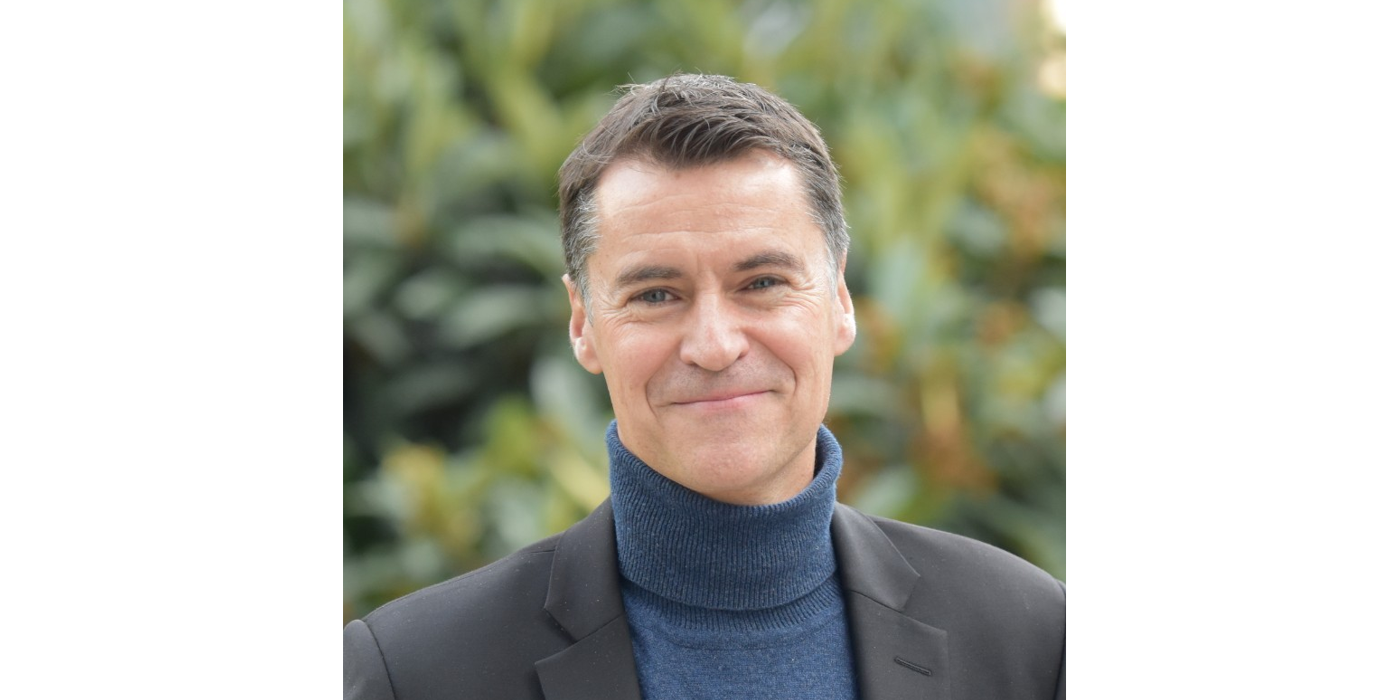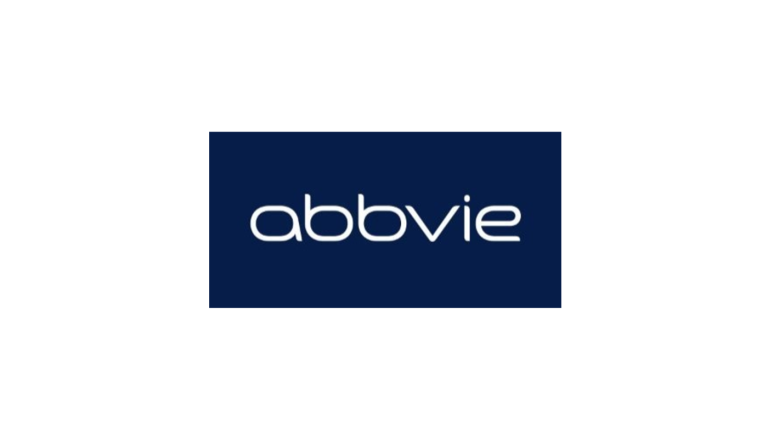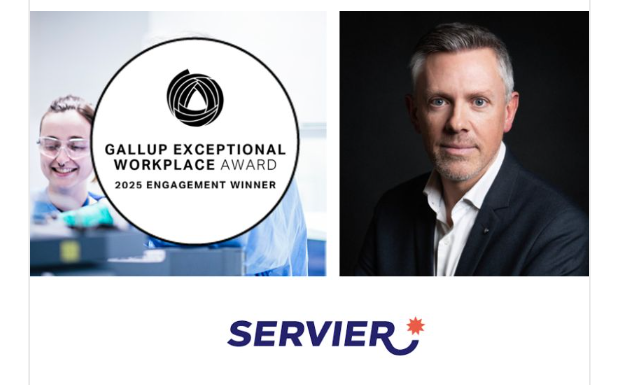Vincent, what is Servier’s approach to the topic of decarbonization, and more specifically the “energy transition”?
The Group’s 2030 vision is very clear: we want to have a significant social impact for patients and for a sustainable world.
As a pharmaceutical company, health is an essential pillar of our CSR strategy. And we are aware that the health of our patients and employees, and their well-being, are intrinsically linked to the state of our planet.
This is why, we have set ourselves the ambitious targets of reducing our Scope 1&2 emissions by 42% by 2030, and our Scope 3 emissions by 25%, compared with 2021/2022.
To achieve this, we are acting on four major pillars: energy, mobility, responsible purchasing, and transport and distribution of our medicines.
The Group’s energy consumption accounts for around 10% of our total greenhouse gas emissions. To reduce this impact, we are working on limiting our energy consumption on the one hand, and on increasing our supply of renewable electricity on the other.
What concrete actions have you taken?
Together, we have drawn up a three-pronged strategy:
Reducing our energy consumption; because the best energy is the one that we don’t use!
For example, we have deployed “Stop & Start” technologies at some of our industrial sites. This system automatically stops and restarts equipment in order to save energy.
Then, by 2025, we aim to obtain ISO 50001 or ISO 14001 certification for 80% of our industrial and R&D sites, and 100% by 2030.
Today, 44% of our industrial sites (a total of 7 industrial sites: Bolbec and Gidy in France, Arklow in Ireland, Anpharm in Poland, Toledo in Spain, Cairo in Egypt and Sophyno in Russia, as well as our head office in Suresnes, France) are ISO 50001 or ISO 14001 certified.
Finally, reducing our energy consumption also means adopting a “rational purchasing” policy. When it comes to purchasing new industrial equipment, we systematically take energy efficiency into account.
Overall, for the 2021/2022 financial year, the Group’s energy consumption is down by almost 4% on the previous year.
Specifically in France, we have set up a multi-disciplinary task force to promote energy efficiency with an objective to reduce our energy consumption by 10% over the next two years. We have already seen good results, for example, energy consumption has reduced by 13% for the 22/23 financial year compared to 21/22 in our head office.
The percentage of renewable electricity in our energy mix reached 13% in fiscal year 2021/2022, and we want to go further. The context and the opportunities in each country are different. Schneider Electric is working with us to help define a coherent and realistic strategy.
Today, five industrial sites use 100% renewable electricity: Arklow in Ireland, Toledo and Madrid in Spain, Jacarepagua and Pharlab in Brazil.
Four industrial sites are also equipped with photovoltaic panels, and generate renewable electricity for their own consumption (2 sites in Spain, 1 site in Ireland, 1 site in Poland).
Finally, over 20% of the energy consumed at our new R&D institute in Saclay comes from geothermal energy.
At Servier, we are committed to changing our professional and individual habits. The commitment of all our employees is therefore essential if we are to achieve our objectives.
With this in mind, we have deployed several in-house campaigns to promote ecofriendly habits to be adopted on a daily basis.
What are the next steps?
Our challenge is to continue to reduce our greenhouse gas emissions, not only related to energy, but also other emission categories, while our activities and production volumes continue to grow.
Between 2016 and 2022, we managed to reduce the quantity of greenhouse gases emitted on Scopes 1 and 2 by 23%, per unit of revenues generated. (In other words, we have reduced the carbon intensity of our activities by 23%).
Convinced that all positive energies are needed to achieve our sustainability objectives, we wish to continue to involve every employee in this ambitious approach.
👉 Servier committed to energy transition



